The world changed with 9/11. A monumental act of destruction and tragedy which changed the socio-political climate in a way that has never truly been reversed, and we’re still feeling the ramifications today, in a world consumed by Brexit, and a man with a terrible toupee, and a heart full of hate.
This had an impact on the superhero genre, as comic book adaptations are, and always have been, a reflection of the world we live in, so it made perfect sense that a more dour, gritty take on the genre was presented to the world courtesy of Christopher Nolan. He reinvented Batman by exploring themes such as trauma and anxiety, and the Joker, brought to life in emphatic fashion by Heath Ledger, marked a new breed of super villain; callous and malicious, and above all, without any care for monetary gain or political power. He was a terrorist. This seemed to be the new direction the genre was heading down, and while there is always a need for unwavering entertainment and mindless escapism, it felt like at this stage the world wasn’t quite ready to laugh, not yet.
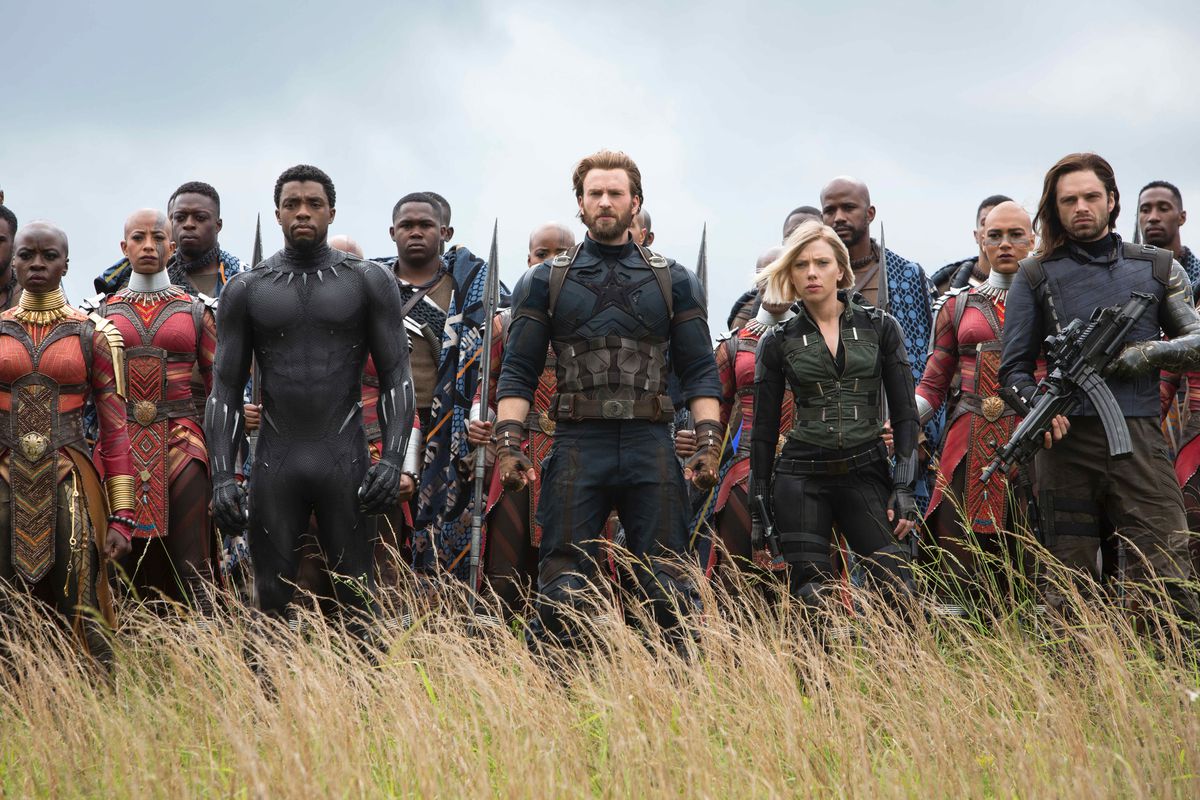
But then we were, the naturalistic, sombre take on Gotham most certainly had a place in the history of cinema, but the genre needed to be reinvented, and this is where Marvel came into the frame, and we’ve never looked back since. In Phase One, there was an obligation to the notion of origin. Each character in their new guise, be it Robert Downey Jr as Iron Man, Chris Hemsworth as Thor or Chris Evans as Captain America, much of the earlier endeavours had a commitment to introducing new worlds and rules to the audiences, particularly those who weren’t in tune with the original comics. Ultimately The Avengers came along, which was, at the point of its release, the most ambitious and entertaining superhero flick there had been to date.
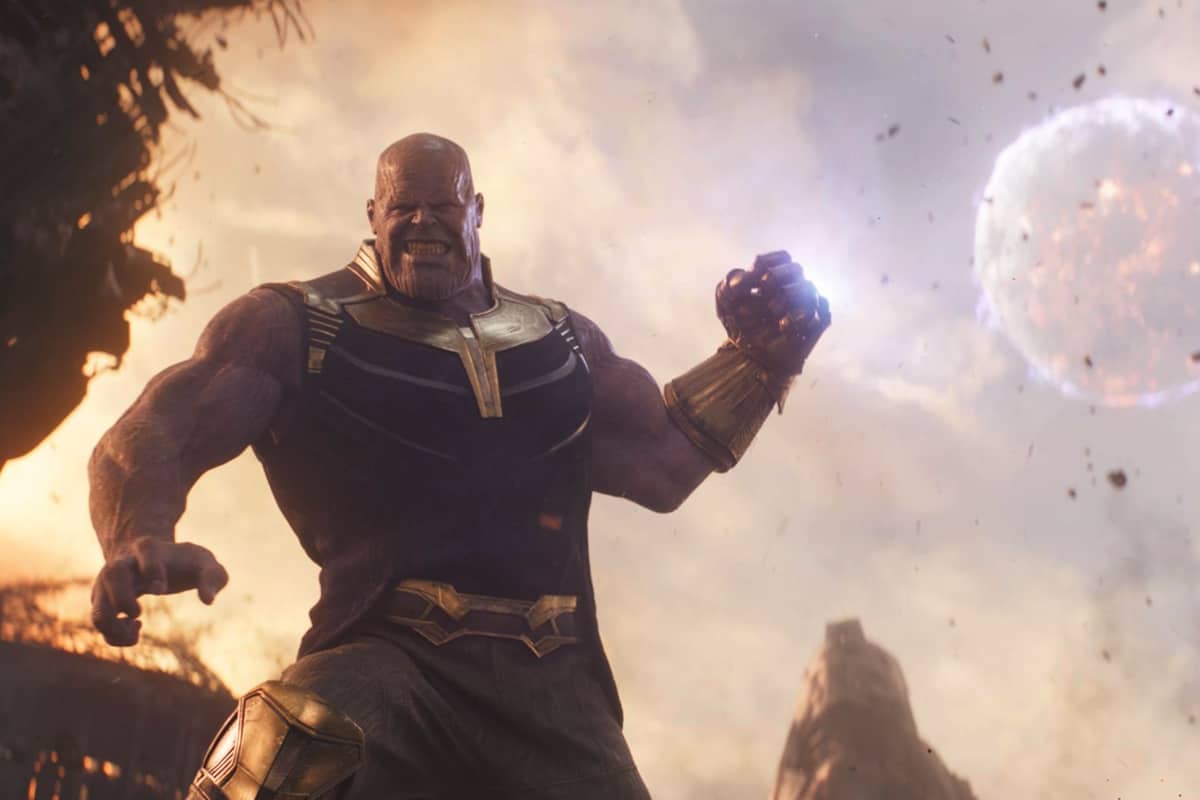
As the MCU had been finding its voice, it has become increasingly more self-deprecating and comedically inclined. The audience were on-side, and in turn more risks could then be taken. Suddenly the appeal of deconstructing the tropes of the genre and subverting expectations was on the cards. Not only because the audience had been established, but because the formula can get tiring, following the same beats in every passing endeavour, and so shaking it up and being more creative felt like a necessity in keeping the franchises alive.
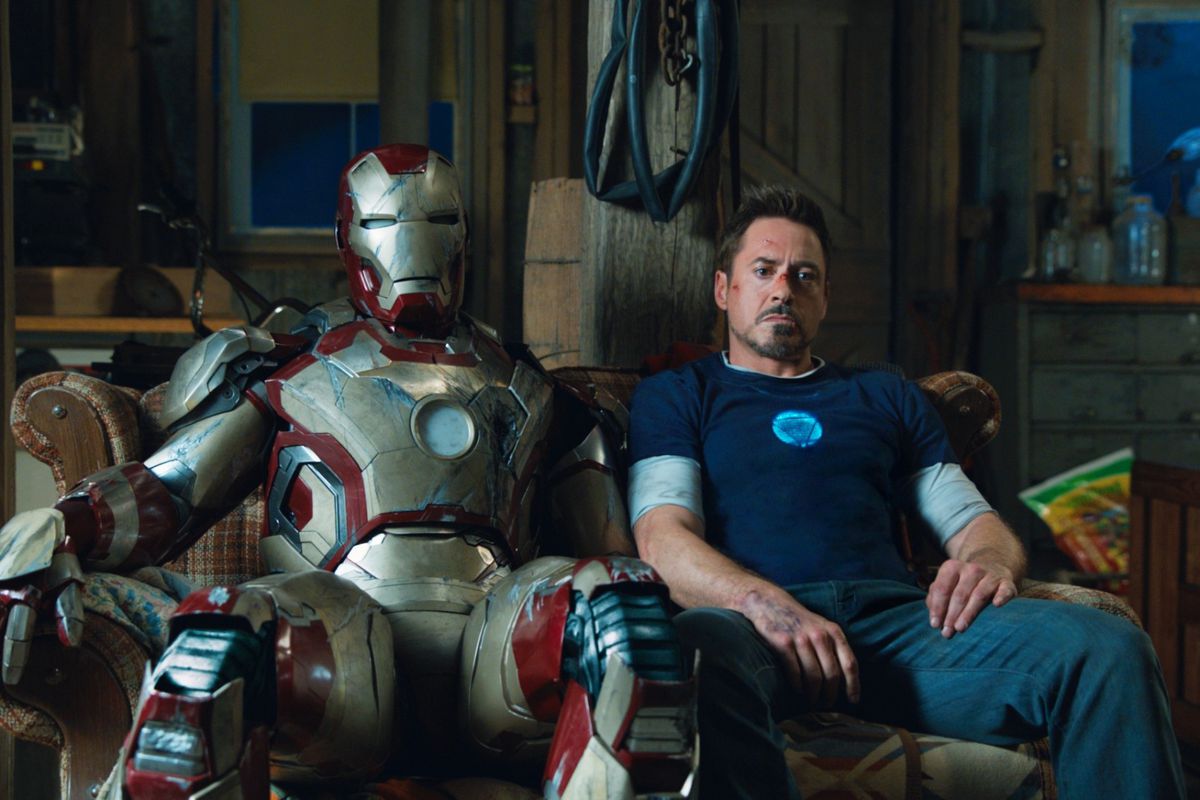
This became evident with Guardians of the Galaxy and Ant-Man, in Phase Two. Both films had such an adventurous streak, so meta and strikingly committed to humour. Ant-Man, in parts, felt like it was a comedy first and action movie second, and yet in true fashion for the MCU, neither compromised the other (which isn’t easy by the way, see: Suicide Squad). I mean, someone then went and let Taika Waititi direct a Marvel movie, which is just absolutely brilliant. Young, resourceful filmmakers from indie backgrounds, like Waititi, were being given full reigns, the notion of a ‘director for hire’ was being knocked on its head, as you could see the shades of understatement amidst the grandiosity, with the directors infusing their own distinctive sensibilities into the Marvel universe. These films are characters driven tales, and that’s what keeps us so immersed. We care about them.
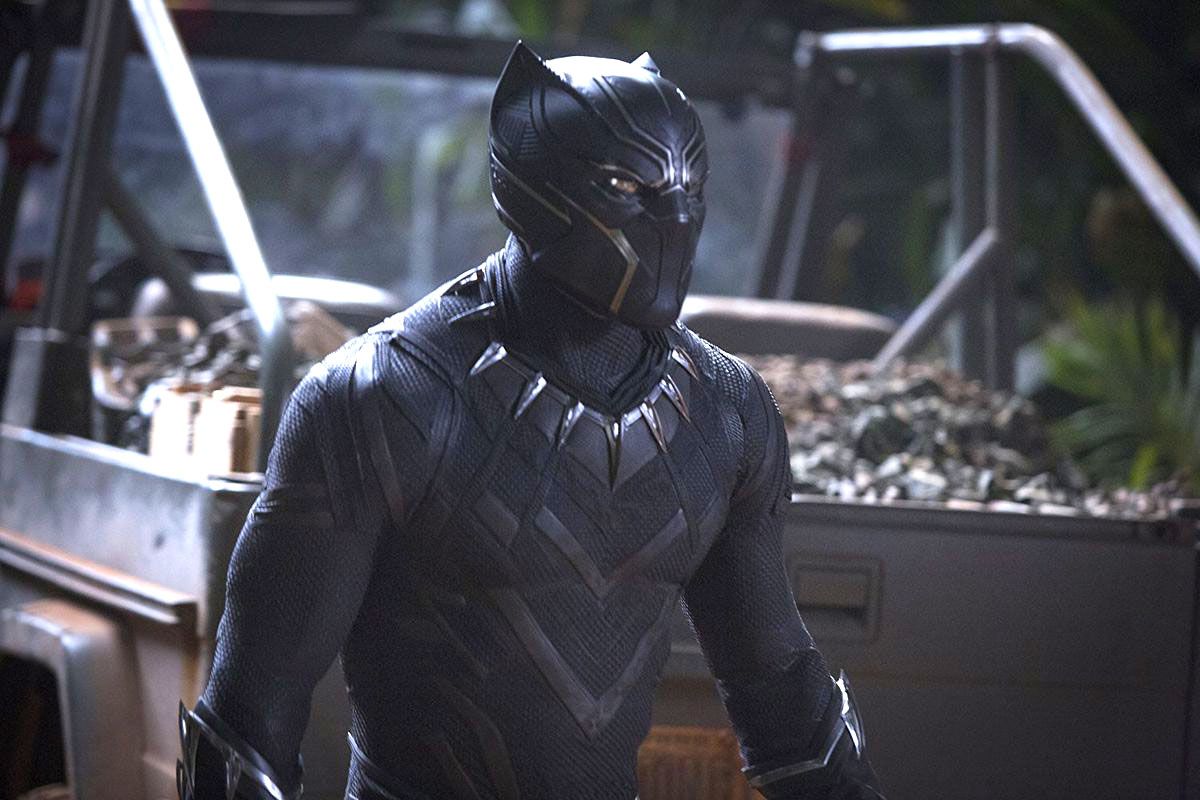
Deadpool came along and ridiculed to the genre to a point of potential no return. Could superhero movies still abide by the exact same formula we had all just recognised and laughed at uncontrollably? The MCU aren’t stupid, and the films did find a more self-referential tone after this moment, even in the more serious pieces of cinema. But staying relevant wasn’t always about tone, it was about tapping into the zeitgeist of the moment. Black Panther is a prime example – at a time when Hollywood was under scrutiny, and the term “OscarsSoWhite” was coined as a result of the lack of nominees for black filmmakers at the Academy Awards, the MCU responded, not only with a black superhero, but in a film told by a black director in Ryan Coogler, and whats more, it’s a film that celebrates what it means to be black. The heroes’s skin colour isn’t just a side note, it’s a narrative device, and it is what crafts the studio’s most fascinating ever villain in Erik Killmonger, who channelled shades of Malcolm X, with the eponymous protagonist taking a more Martin Luther King approach. With three Oscars to its name it’s ensured that the Oscars are not quite so white as they once were.
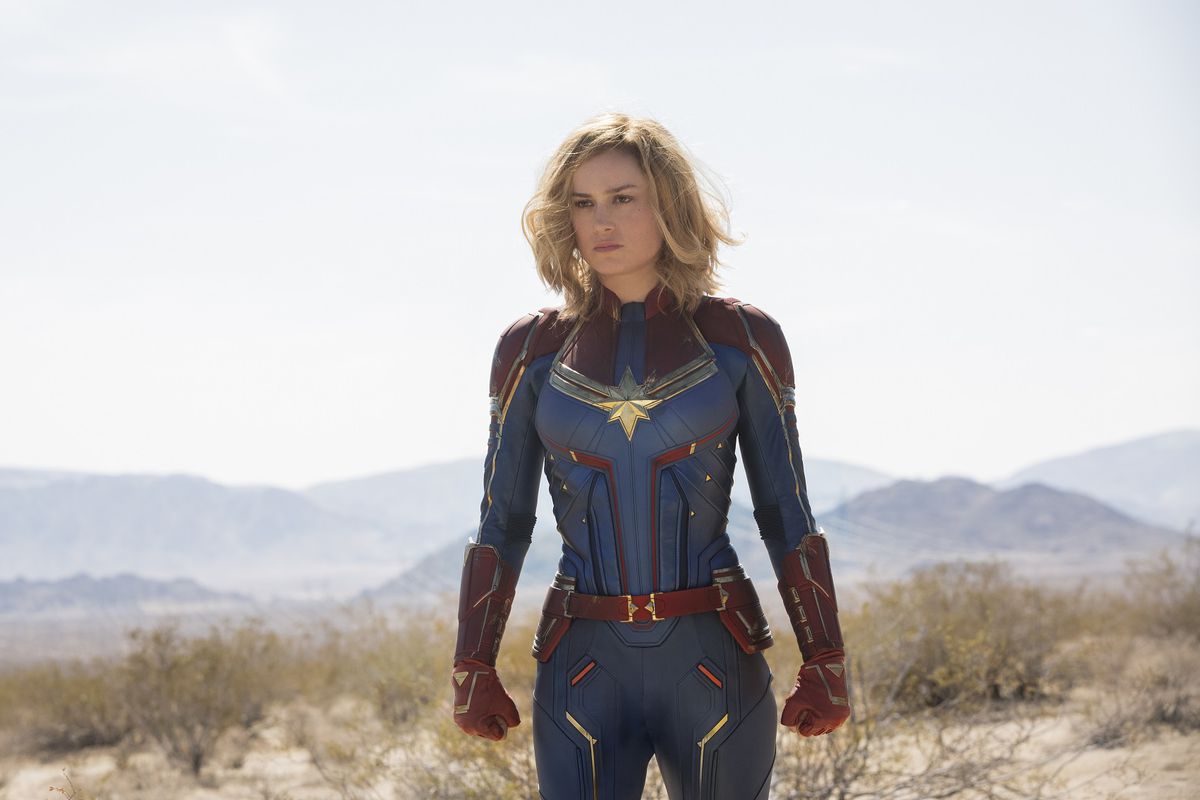
But then also in relation and response to the #MeToo and #TimesUp movements, the MCU was still a prime example (and culprit) of an industry that simply had more opportunities for men. It’s completely bizarre that it took up until 2018 with Ant-Man and The Wasp for a female superhero to have her name in the title of a movie, and even then she had to share it.
But better late than never, and following the success of Wonder Woman in the DC universe, Marvel have followed suit, and Captain Marvel has been something of a revelation in recent weeks. They’re moving with the times, again, and keeping their stories fresh and relevant, and most importantly, giving people who feel under-represented a chance to feel special, to see themselves on screen, as superheroes. Which, we should add, isn’t just a knee-jerk response to the current social climate, for these characters have long existed. This isn’t Marvel creating black and female superheroes just in response to the current climate and issues within the industry, we have these characters ingrained into the fabric of the comic book generation across decades, thanks to the progressive output from the master Stan Lee – who we just know would’ve absolutely adored Spider-Man: Into the Spider-Verse – another film with a black protagonist. That was another Oscar winner, by the way.
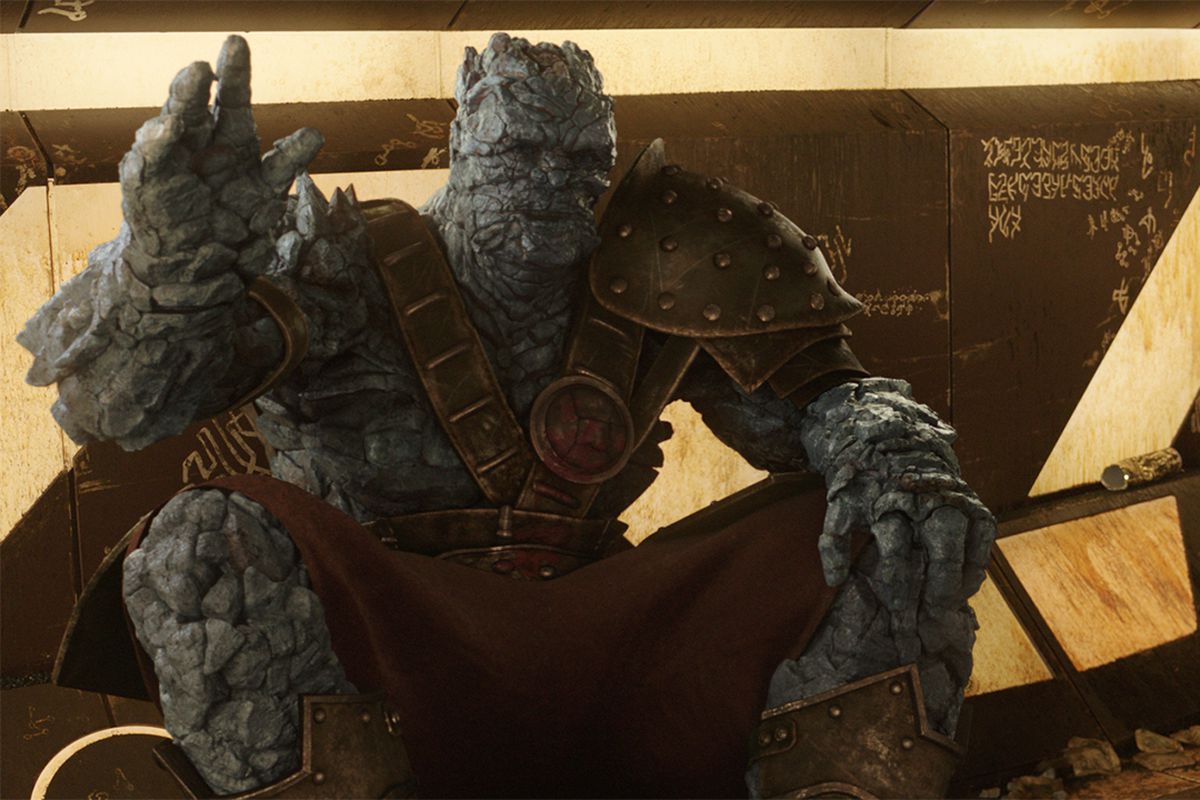
This brings us to Avengers: Endgame, which is the end of yet another Phase, but we just know the MCU will continue to flourish long after this (I mean, have you seen their slate?), and while we may be losing some integral characters in this instalment (don’t worry, we don’t know who yet either), the family keeps growing and expanding. They aren’t going anywhere, folks, no matter how many are killed off.
Comparing these films to the real world in such a way seems like it’s overanalysing, but that’s what makes these films so special. Superhero movies have always reflected the world we live in, as sometimes our best hope of understanding reality is to step out of it a while – and in turn, they should be perceived on these terms.Plus, the box office receipts show that this approach, and this formula, is absolutely working. So keep ’em coming.


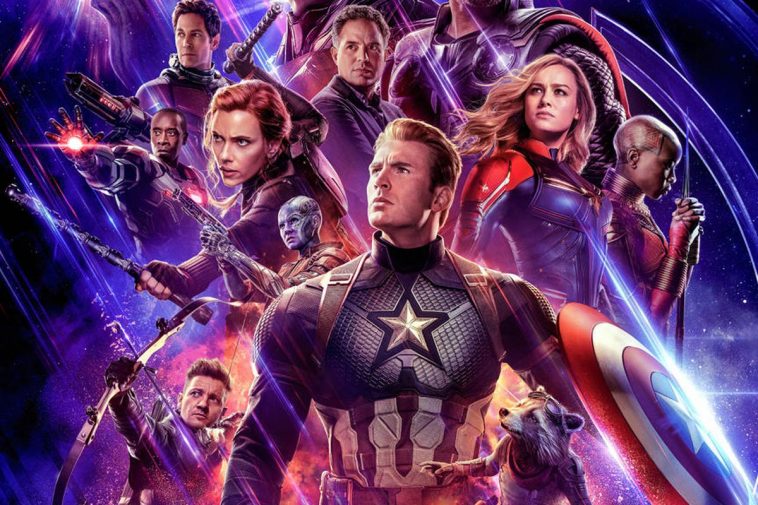


















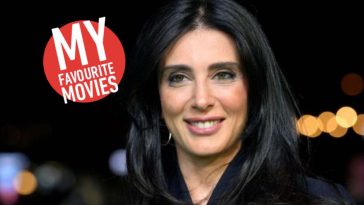






Leave a Comment